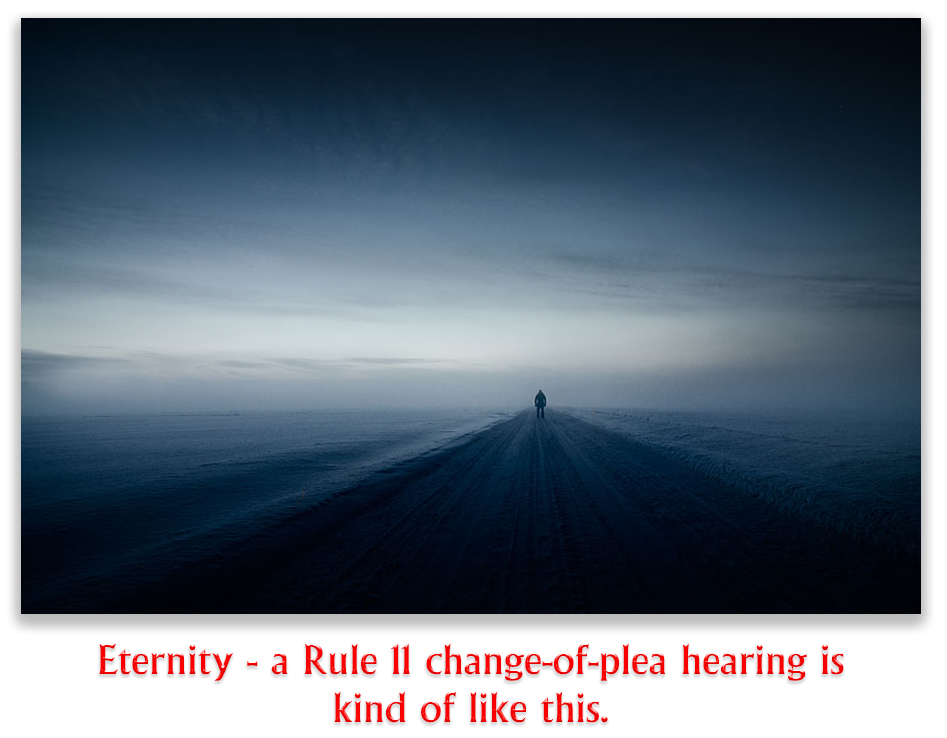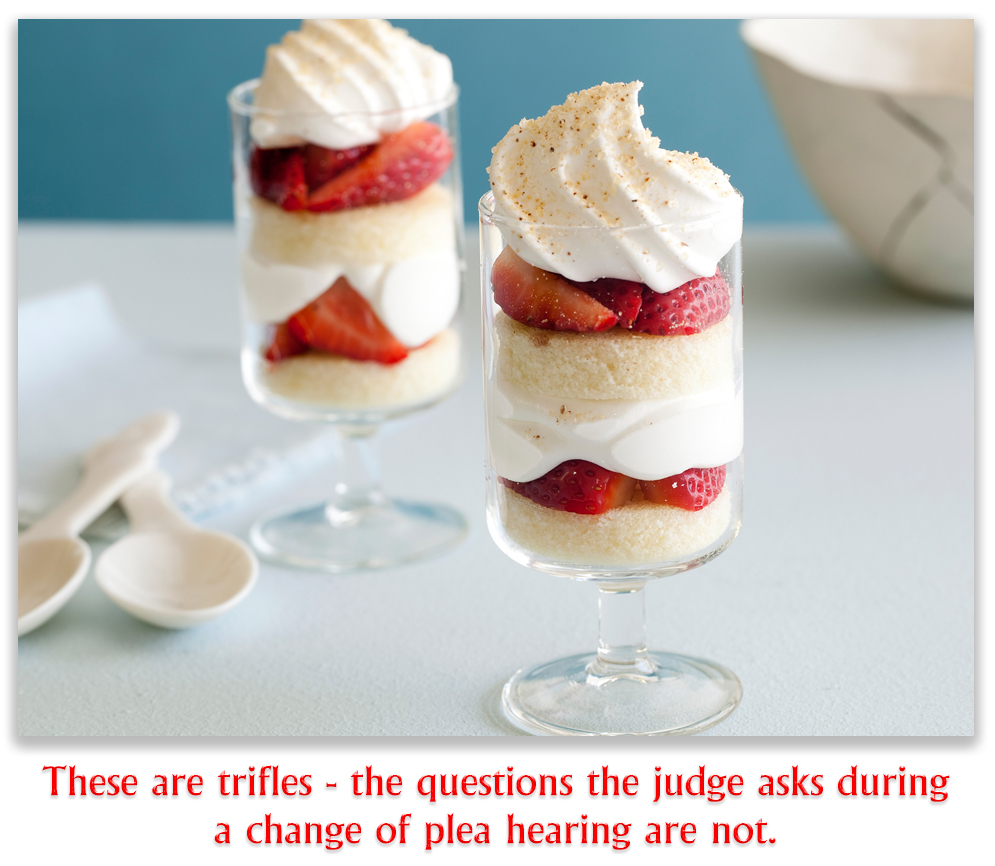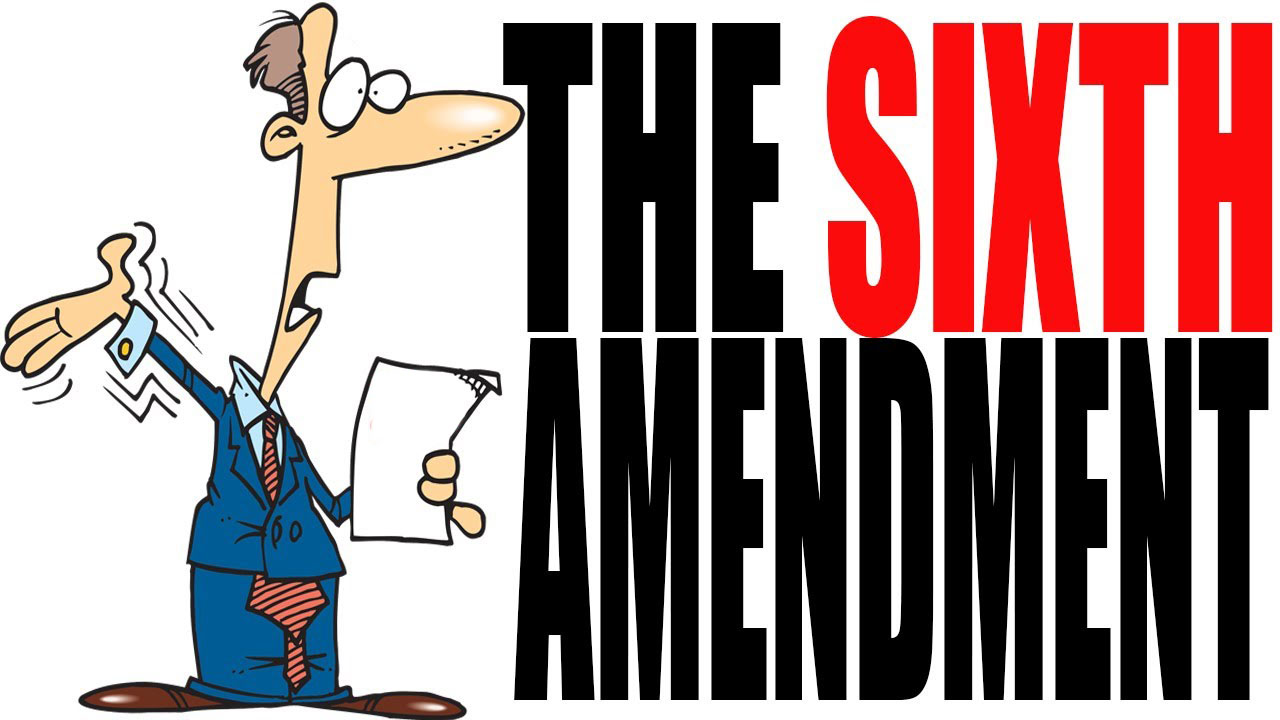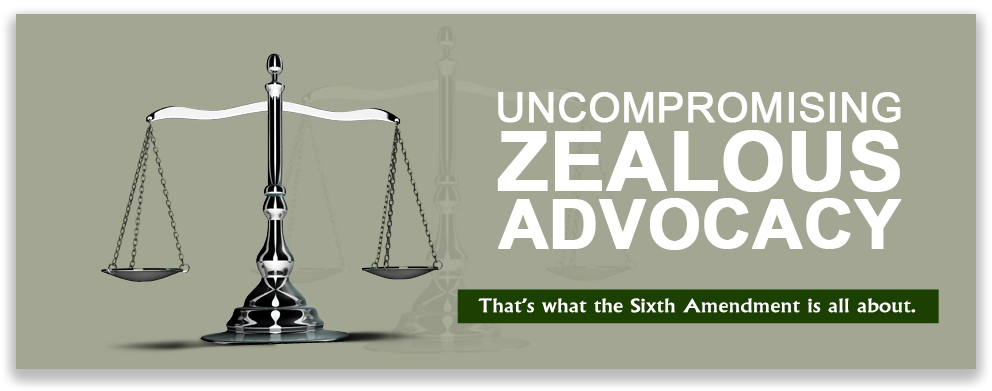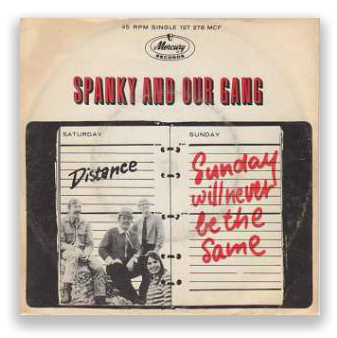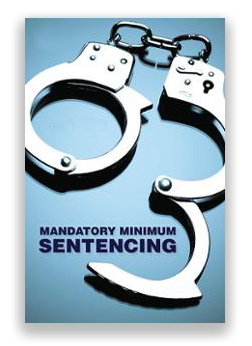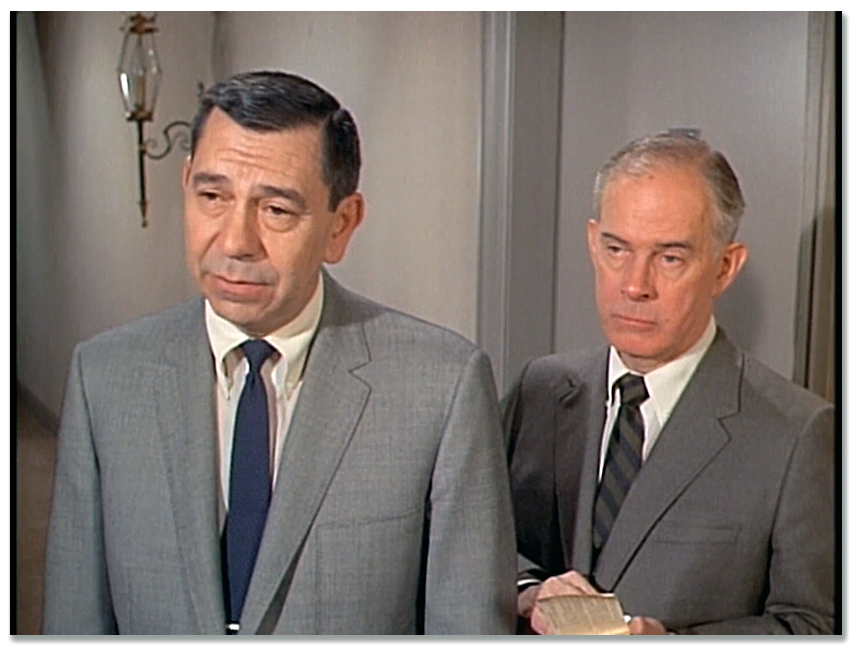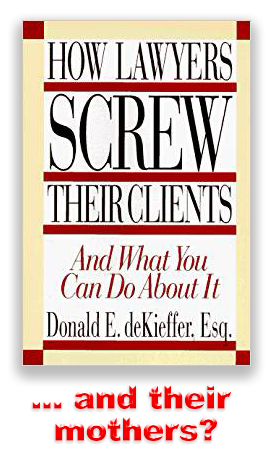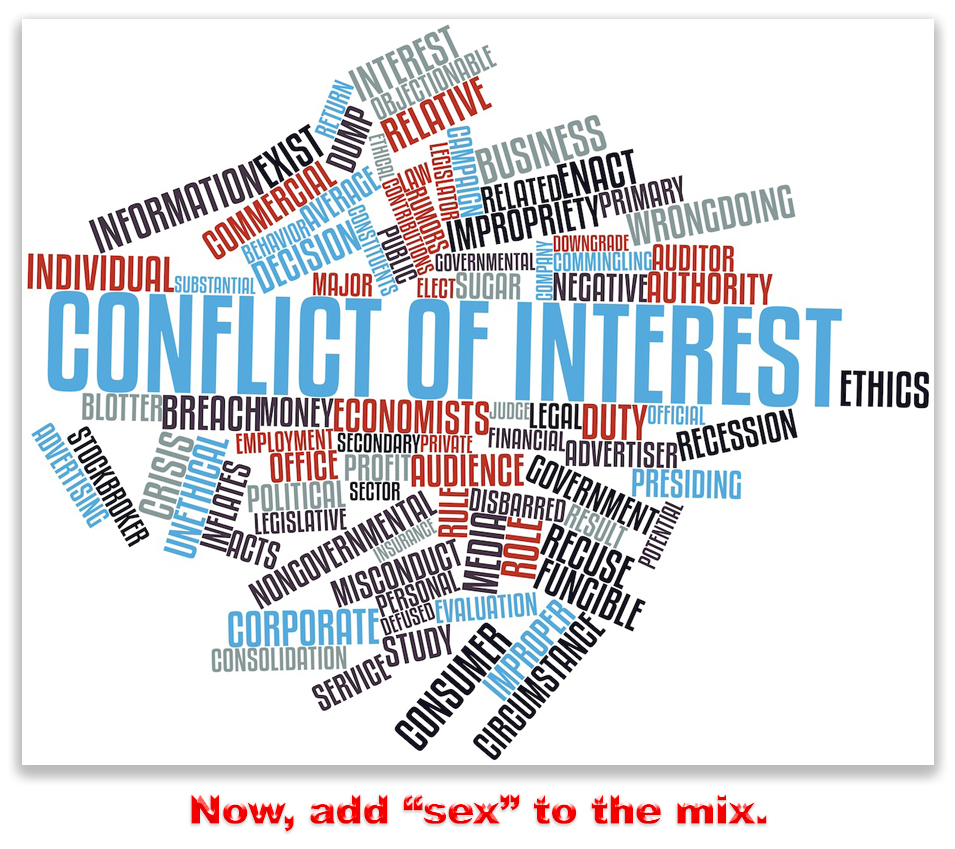We post news and comment on federal criminal justice issues, focused primarily on trial and post-conviction matters, legislative initiatives, and sentencing issues.
ATTORNEY GENERAL COMMITS FELONY ‘STATICIDE’

A little more than a week ago, Attorney General Jefferson Beauregard Sessions III took to the pages of the Washington Post to defend his May 10th tough-on-crime memorandum. The reviews are in, and they are not pretty.
In 2013, former Attorney General Eric Holder ordered federal prosecutors to decline to pursue mandatory minimum sentences for drug offenders who didn’t use violence, were not leaders or organizers of the drug operation of which they were a part, had no ties to large-scale drug operations or gangs, and had no significant criminal history. If the drug defendant rang all of those bells, Holder directed that “prosecutors should decline to charge the quantity necessary to trigger a mandatory minimum sentence.”
As for sentencing, Mr. Holder directed that prosecutors be “candid with the court, probation, and the public as to the full extent of the defendant’s culpability, including the quantity of drugs involved in the offense and the quantity attributable to the defendant’s role in the offense, even if the charging document lacks such specificity. Prosecutors also should continue to accurately calculate the sentencing range under the United States Sentencing Guidelines. In cases where the properly calculated guideline range meets or exceeds the mandatory minimum, prosecutors should consider whether a below-guidelines sentence is sufficient to satisfy the purposes of sentencing as set forth in 18 U.S.C. § 3553(a).”
Now look at how Mr. Sessions interprets those passages:
“In 2013, subject to limited exceptions, the Justice Department ordered federal prosecutors not to include in charging documents the amount of drugs being dealt when the actual amount was large enough to trigger a mandatory minimum sentence. Prosecutors were required to leave out objective facts in order to achieve sentences lighter than required by law. This was billed as an effort to curb mass incarceration of low-level offenders, but in reality it covered offenders apprehended with large quantities of dangerous drugs. The result was that federal drug prosecutions went down dramatically — from 2011 to 2016, federal prosecutions fell by 23 percent. Meanwhile, the average sentence length for a convicted federal drug offender decreased 18 percent from 2009 to 2016.”
Ah, where to start?
 How about with Mr. Session’s implication that the 2013 Holder memorandum led to an increase in violent crime? Is that so? Well, just as Bill Clinton famously said that it depends of what the meaning of ‘is’ is,” the first question has to be that it depends on the meaning of “violent crime.”
How about with Mr. Session’s implication that the 2013 Holder memorandum led to an increase in violent crime? Is that so? Well, just as Bill Clinton famously said that it depends of what the meaning of ‘is’ is,” the first question has to be that it depends on the meaning of “violent crime.”
Mr. Sessions says that drug trafficking is “violent crime.” But the FBI does not. The G-men (and -women) issued the violent crime statistics that Mr. Sessions says show an uptick in violent crime in 2015 (back to 2012 levels) The AG’s right about that much, but among the mayhem included in the FBI’s definition of “violent crime” – murder, rape, robbery and aggravated assault – you won’t find drug trafficking. So the Holder memorandum – which primarily addressed drug trafficking – did not lighten up on the kind of “violent crime” that Mr. Sessions cited in the statistic.
Sure, you say, but did not he argue that drug trafficking led to such violent crime, citing the need to use a gun to collect drug debts because the courts were closed to people trading in illegal commodities? He did do so, but if you want to be completely fair, possession of a gun is just as important to a gang shootout over drug debts as is the debt itself. So consider this:
- After hitting a low in 2014, federal firearms prosecutions increased 6.1% in 2015 and another 9.4% in 2016.
- In 2014, the first full year the Holder memorandum was in effect, the average drug sentence was 57 months. This means that someone beginning that average sentence on January 1 would not be released until about January 1, 2018. In other words, shorter sentences beginning in 2014 could not account for an increase of violent crime in 2015.
- While we’re at it, note that Mr. Sessions blames the 2013 Holder memorandum for the fact “that federal drug prosecutions went down dramatically — from 2011 to 2016, federal prosecutions fell by 23 percent. Meanwhile, the average sentence length for a convicted federal drug offender decreased 18 percent from 2009to 2016.”

It’s pretty basic science to observe that when you’re measuring the effect of a certain event, you measure the change that occurred after the event, not the change that occurred before and after the event.
Several commentators have pointed to other logical legerdemain Mr. Sessions employed in his screed. Jacob Sullum at Reason.com noted that
The violence associated with the distribution of currently banned drugs does not demonstrate that the business is inherently violent, any more than the violence associated with liquor distribution during alcohol prohibition showed that selling whiskey is inherently violent. The violence is a product of the prohibition policy that Sessions avidly supports, as he himself implicitly concedes in the next two sentences.
“If you want to collect a drug debt,” Sessions writes, “you can’t, and don’t, file a lawsuit in court. You collect it by the barrel of a gun.” And why is it, exactly, that drug dealers cannot avail themselves of the same legal, peaceful methods of dispute resolution that today’s alcohol merchants routinely use? Only because their business remains illegal, malum prohibitum, just as the booze business was from 1920 to 1933.
Radley Balko at the Washington Post notes that “if pot retailers in Colorado, Washington and the other legalization states need to collect on a debt today, they do what any other retailer does. They use the legal system. If Sessions had his way, pot dealers in these states would to back to collecting debts ‘by the barrel of a gun’.” So the answer to this lessening of violence is to shut down legal marijuana sales, firing up the black market once again?
 Mr. Sessions’ answer to that is that even legal, the sales of marijuana is a “deadly business” because of the “approximately 52,000 Americans who died of a drug overdose in 2015.” But as Mr. Balko points out, “about 18,000 of those deaths involved prescription opioids, which are legally available. About 8,000 involved benzodiazepines, which are also available legally. Both of those types of drugs are made by pharmaceutical companies, prescribed by doctors and sold by pharmacies. Does Sessions believe those are all inherently violent industries? The Journal of the American Medical Association estimates that 88,000 people die each year from alcohol-related deaths. Does Sessions believe that Anheuser-Busch, Diageo and E & J Gallo run “deadly businesses”? What about the 480,000 people who die each year from smoking? Is tobacco a “deadly business”?”
Mr. Sessions’ answer to that is that even legal, the sales of marijuana is a “deadly business” because of the “approximately 52,000 Americans who died of a drug overdose in 2015.” But as Mr. Balko points out, “about 18,000 of those deaths involved prescription opioids, which are legally available. About 8,000 involved benzodiazepines, which are also available legally. Both of those types of drugs are made by pharmaceutical companies, prescribed by doctors and sold by pharmacies. Does Sessions believe those are all inherently violent industries? The Journal of the American Medical Association estimates that 88,000 people die each year from alcohol-related deaths. Does Sessions believe that Anheuser-Busch, Diageo and E & J Gallo run “deadly businesses”? What about the 480,000 people who die each year from smoking? Is tobacco a “deadly business”?”
About 125 years ago, Benjamin Disraeli is said to have observed that “there are three kinds of lies: lies, damned lies, and statistics.” Mr. Sessions’ Washington Post defense of his get-tough-on-crime memo scores a hat trick.
Washington Post, Here are all the ways Jeff Sessions is wrong about drug sentencing (June 20, 2017)
Reason.com, Read Jeff Sessions’ Utterly Illogical Defense of Tough Drug Sentences (June 20, 2017)
Human Rights Watch, Q & A: US Attorney General Jeff Sessions’ Policy Change on Sentencing (June 20, 2017)
– Thomas L. Root








